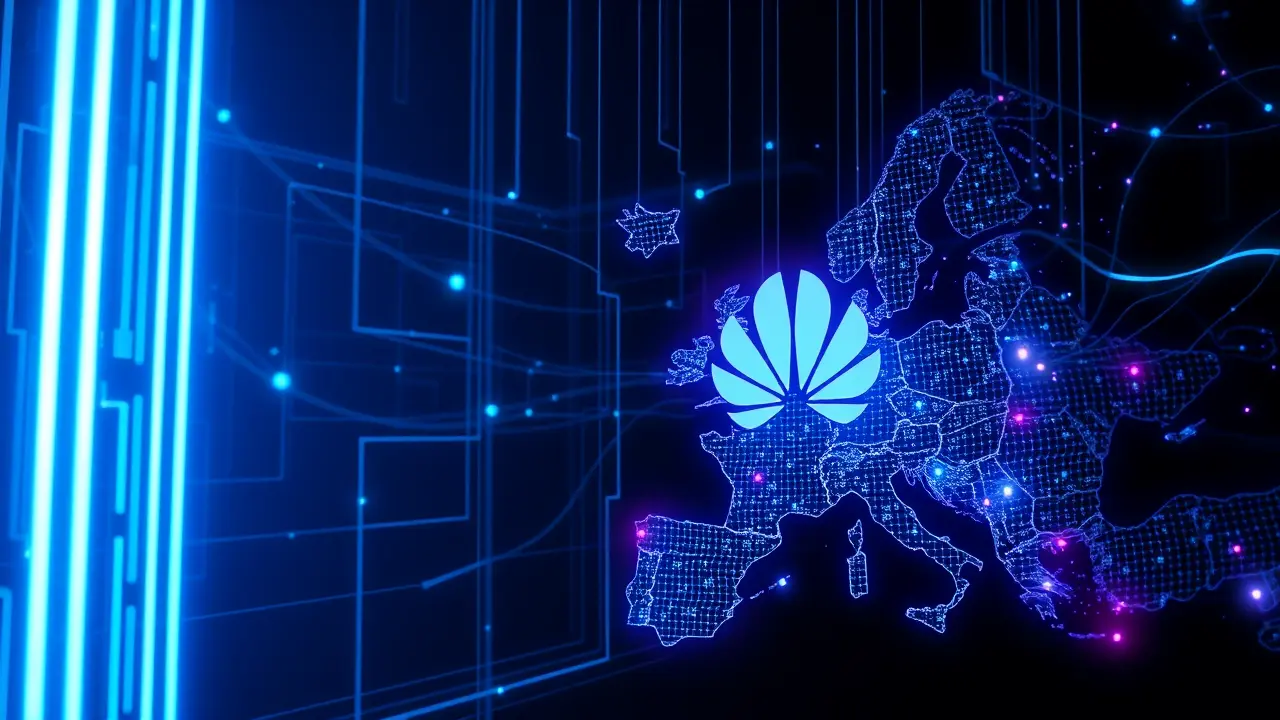
PoliticslegislationDigital and Tech Laws
EU Pushes Law to Remove Huawei and ZTE Telecom Gear.
RO
Robert Hayes
2 hours ago7 min read1 comments
The European Commission is now moving decisively to codify its long-standing advisory into binding legislation, a significant escalation in the geopolitical contest over digital infrastructure. This push, championed by Vice President Henna Virkkunen, seeks to formally mandate the removal of telecommunications equipment from Chinese vendors Huawei and ZTE, entities long designated as 'high-risk.' This regulatory hardening did not materialize in a vacuum; it is the culmination of a multi-year pressure campaign led primarily by the United States, which has consistently argued that Beijing’s 2017 National Intelligence Law compels Chinese companies to cooperate with state security efforts, creating an unacceptable backdoor for espionage or sabotage. The initial 2020 recommendation was a cautious, almost diplomatic, first step—an attempt to nudge member states toward a collective security posture without the blunt force of law.However, its voluntary nature created a patchwork of compliance, with nations like Germany and Hungary resisting a full ban due to economic ties and cost considerations, while others, such as the UK and Sweden, undertook aggressive rip-and-replace programs. This fragmentation created critical security vulnerabilities within the single market's very connective tissue.The new legislation, therefore, represents a Churchillian moment for the EU, a recognition that in the face of a systemic rival, half-measures are a strategic liability. It is an assertion of digital sovereignty, akin to the historical bloc-building of the post-war era, where economic interdependence is being deliberately recalibrated for strategic resilience.The consequences will be profound and multi-layered. For European telecom operators, this mandates a costly and complex overhaul of their networks, a financial burden that will inevitably be debated in terms of state aid and implementation timelines.For the global tech landscape, it solidifies the bifurcation of the internet and 5G supply chains into distinct spheres of influence, one oriented around Western-aligned vendors like Ericsson and Nokia, and another around Chinese champions. For Huawei and ZTE, it effectively slams shut one of the world's most lucrative markets, accelerating their pivot to the Global South.Furthermore, this action cannot be divorced from the broader EU-China relationship, which has soured over human rights issues, trade imbalances, and China's stance on the war in Ukraine. It is a clear signal that economic considerations are now subordinate to security imperatives, a paradigm shift that will resonate in boardrooms and foreign ministries from Washington to Beijing, setting a precedent that other democracies may soon follow in a defining contest for the twenty-first century's technological architecture.
#EU
#Huawei
#ZTE
#telecom networks
#regulation
#featured
Stay Informed. Act Smarter.
Get weekly highlights, major headlines, and expert insights — then put your knowledge to work in our live prediction markets.
Related News
© 2025 Outpoll Service LTD. All rights reserved.









